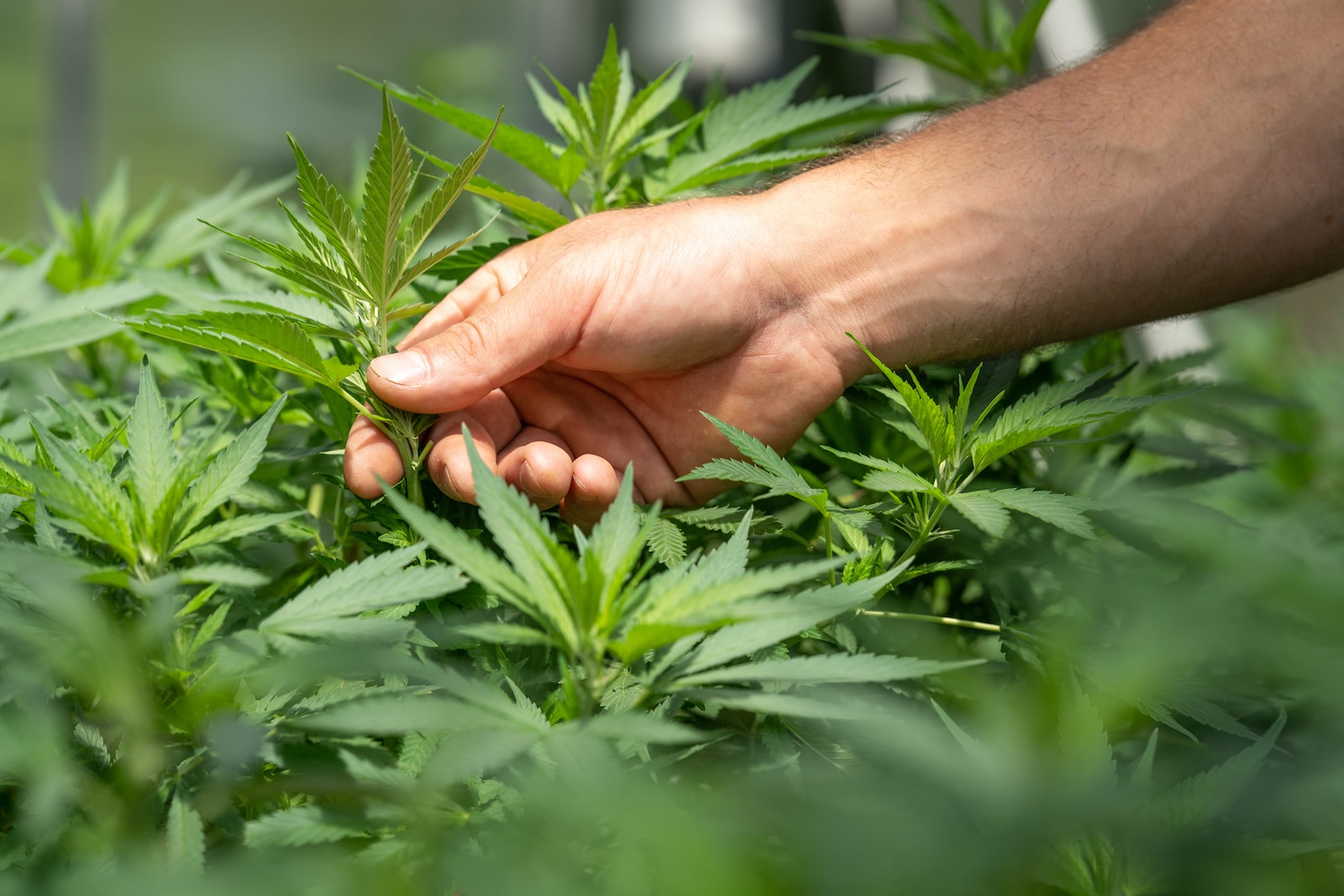Virginia’s journey toward legalizing medical cannabis has opened up a world of possibilities for individuals seeking alternative treatments for their health conditions. Understanding what medical conditions qualify for medical weed in Virginia is crucial for those looking to explore this option. In this comprehensive guide, we will delve into the specifics of Virginia’s medical cannabis program, shedding light on the qualifying conditions, the application process, and the potential benefits it offers.

What Medical Conditions Qualify for Medical Weed in Virginia
Virginia’s medical cannabis program is designed to provide relief to patients suffering from a range of debilitating medical conditions. To qualify for medical weed in Virginia, patients must have been diagnosed with one or more of the following conditions:
- Cancer: Patients undergoing cancer treatments often experience severe pain, nausea, and loss of appetite. Medical weed can help alleviate these symptoms and improve their quality of life.
- HIV/AIDS: Individuals with HIV/AIDS can benefit from medical cannabis to manage pain, stimulate appetite, and combat the side effects of antiretroviral medications.
- Epilepsy: Virginia allows patients with epilepsy to access medical weed as it has shown promise in reducing the frequency and intensity of seizures.
- Multiple Sclerosis (MS): MS patients often struggle with muscle spasms and neuropathic pain. Medical cannabis can provide relief and enhance their mobility.
- Glaucoma: This condition leads to increased intraocular pressure, which can damage the optic nerve and cause vision loss. Medical weed has been found to lower intraocular pressure.
- Crohn’s Disease: Patients with Crohn’s disease can experience inflammation and abdominal pain. Medical cannabis has anti-inflammatory properties that may help manage these symptoms.
- Parkinson’s Disease: Medical cannabis can ease the tremors and muscle stiffness associated with Parkinson’s disease, improving patients’ overall quality of life.
- PTSD (Post-Traumatic Stress Disorder): Individuals with PTSD often suffer from anxiety and nightmares. Medical cannabis may alleviate these symptoms and promote better sleep.
- Chronic Pain: Chronic pain resulting from various medical conditions is a common qualifying factor. Medical weed can be an effective pain management tool.
- Alzheimer’s Disease: While not a cure, medical cannabis may help slow the progression of Alzheimer’s disease and improve patients’ cognitive function.
- Amyotrophic Lateral Sclerosis (ALS): ALS patients can experience muscle weakness and spasticity. Medical cannabis may provide relief and increase comfort.
- Inflammatory Bowel Disease (IBD): IBD includes conditions like Crohn’s disease and ulcerative colitis. Medical cannabis can reduce inflammation and ease digestive symptoms.
- Sickle Cell Anemia: Patients with sickle cell anemia often experience acute pain crises. Medical weed can help manage pain during these episodes.
- Huntington’s Disease: This neurodegenerative disorder can cause involuntary movements and cognitive decline. Medical cannabis may alleviate some symptoms.
- Autism Spectrum Disorder (ASD): Some studies suggest that medical cannabis may help manage behavioral symptoms in individuals with ASD.
- Muscular Dystrophy: Patients with muscular dystrophy may benefit from the muscle-relaxing properties of medical cannabis.
- Fibromyalgia: This condition is characterized by widespread musculoskeletal pain and fatigue. Medical cannabis may reduce pain and improve sleep quality.
- Endometriosis: Women with endometriosis often experience severe pelvic pain. Medical weed can be a valuable addition to their pain management regimen.
- Opioid Use Disorder: Virginia’s medical cannabis program also includes patients with opioid use disorder who are seeking alternative treatments.
- Ulcerative Colitis: Similar to Crohn’s disease, ulcerative colitis patients can find relief from inflammation and pain through medical cannabis.
- Interstitial Cystitis: This painful bladder condition can benefit from the pain-relieving effects of medical weed.
- Rheumatoid Arthritis: Patients with rheumatoid arthritis may experience joint pain and inflammation, which medical cannabis can help alleviate.
- Anxiety Disorders: Generalized anxiety disorder and social anxiety disorder may qualify if other treatments have proven ineffective.
- Depression: In some cases, medical cannabis can be considered as an adjunct therapy for individuals with treatment-resistant depression.
- Chronic Migraines: Patients suffering from frequent migraines that disrupt their daily life may find relief through medical cannabis.
Frequently Asked Questions

How do I apply for a medical weed card in Virginia?
To apply for a medical weed card in Virginia, you need to follow these steps:
- Obtain a written certification from a registered healthcare provider.
- Register with the Virginia Board of Pharmacy.
- Complete the application process online.
- Await approval and receive your medical cannabis card.
Are there age restrictions for medical weed in Virginia?
Yes, patients must be at least 18 years old to qualify for the medical cannabis program in Virginia.
Can I grow my own medical cannabis in Virginia?
No, personal cultivation of cannabis is not allowed in Virginia, even for medical cardholders. Medical cannabis must be obtained from licensed dispensaries.
How much medical cannabis can I possess in Virginia?
Patients are allowed to possess a 90-day supply of medical cannabis, as determined by their healthcare provider.
Is medical cannabis covered by insurance in Virginia?
No, medical cannabis is not covered by insurance in Virginia. Patients are responsible for the cost of their medication.
Can I use my medical cannabis card from another state in Virginia?
Virginia does not currently recognize out-of-state medical cannabis cards. To access medical cannabis in Virginia, you must obtain a Virginia-specific medical cannabis card.
Conclusion
Virginia’s medical cannabis program offers hope and relief to individuals battling a wide range of medical conditions. Understanding the qualifying conditions and the application process is the first step towards accessing this alternative therapy. If you or a loved one are living with one of the conditions mentioned above, it may be worth exploring medical cannabis as a treatment option. Always consult with a healthcare provider to determine if it’s the right choice for you.
